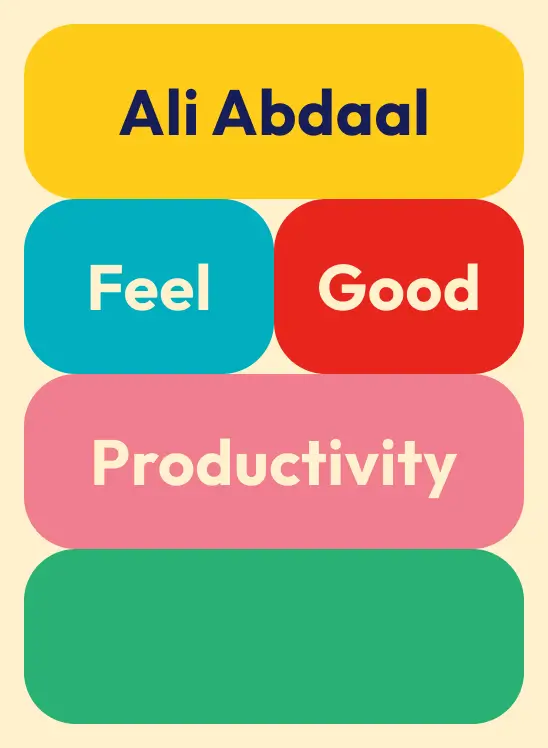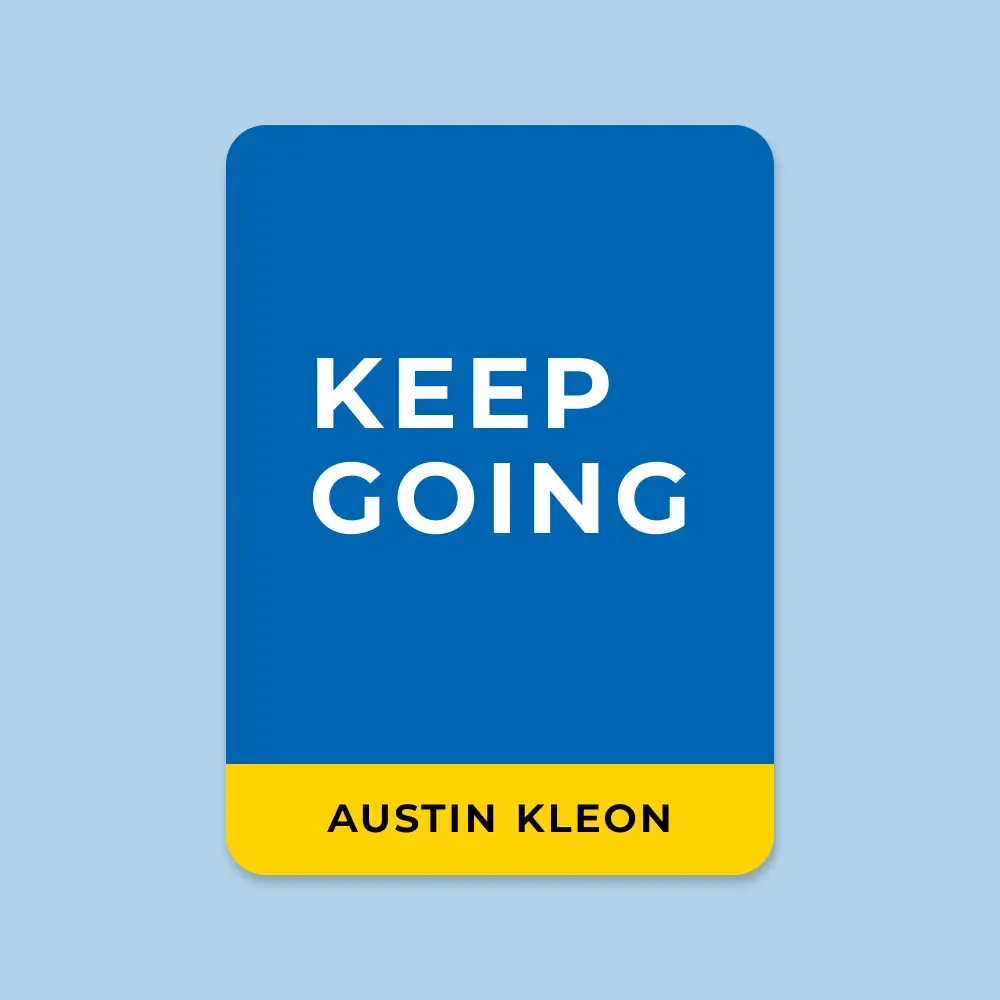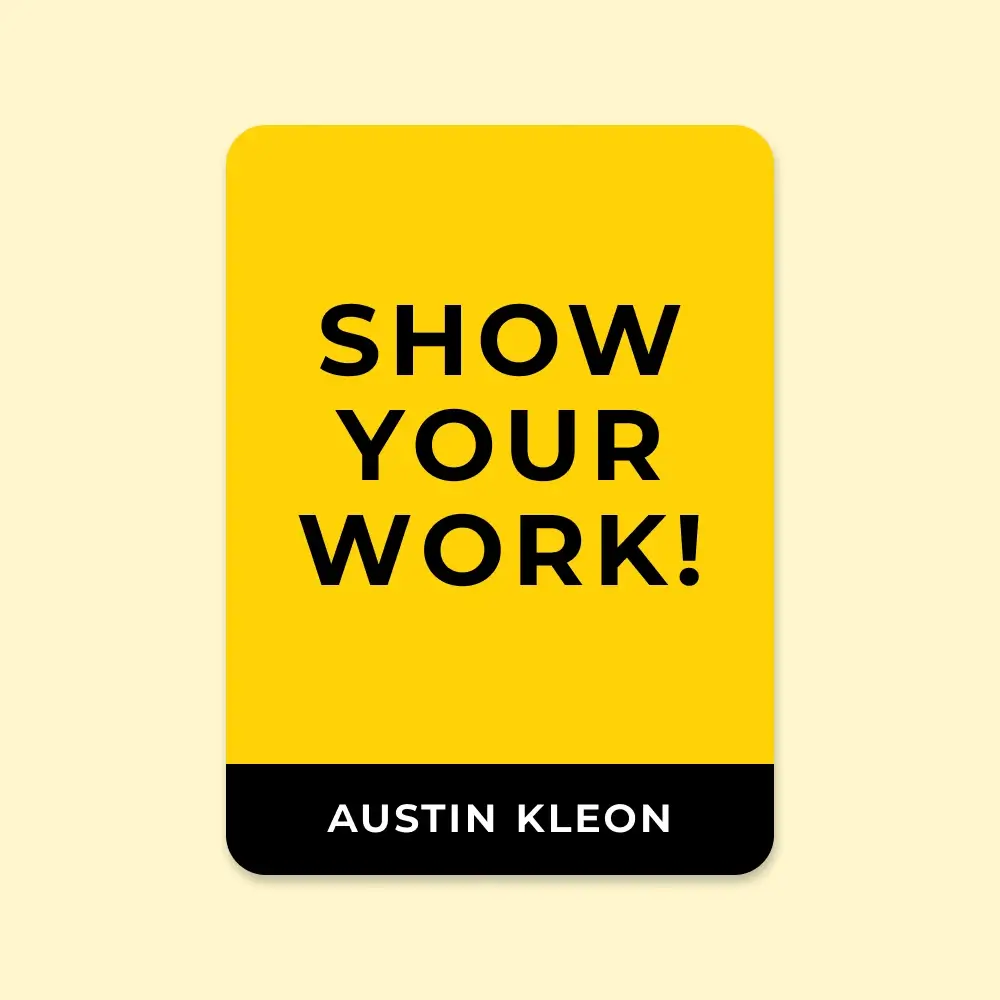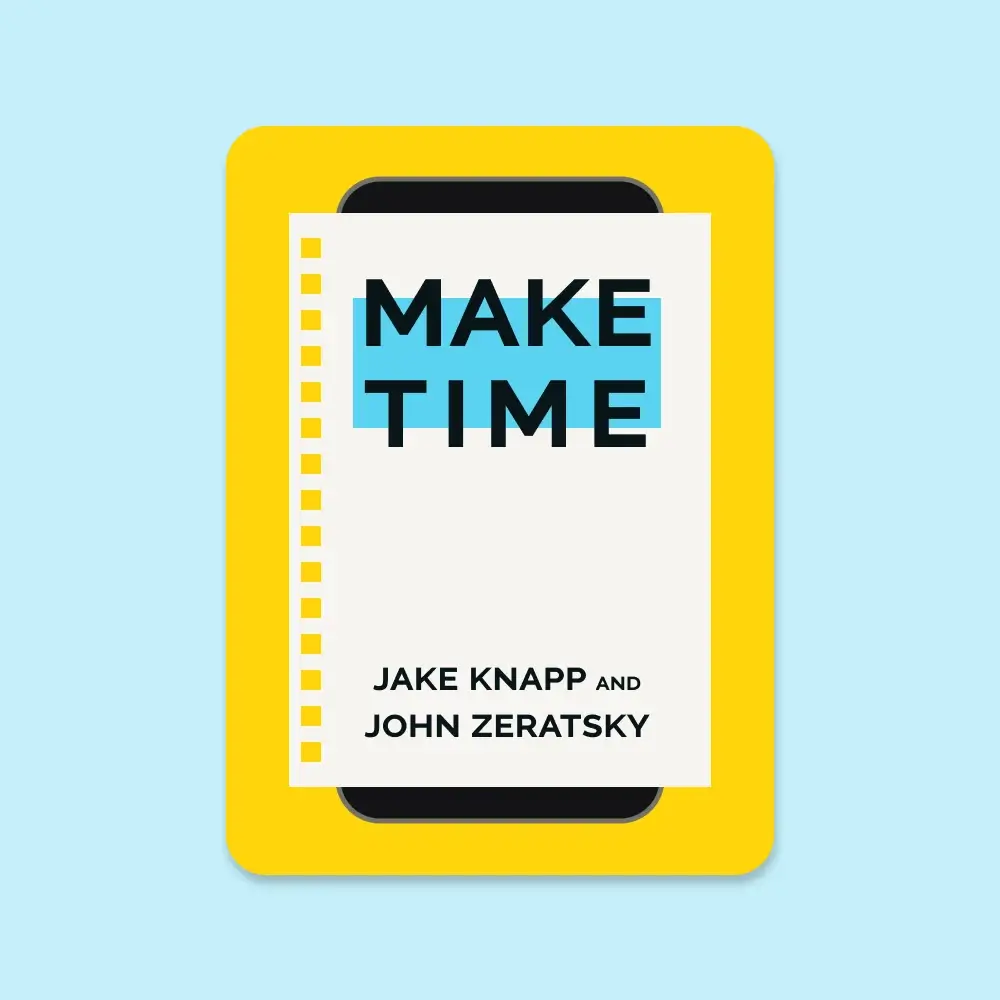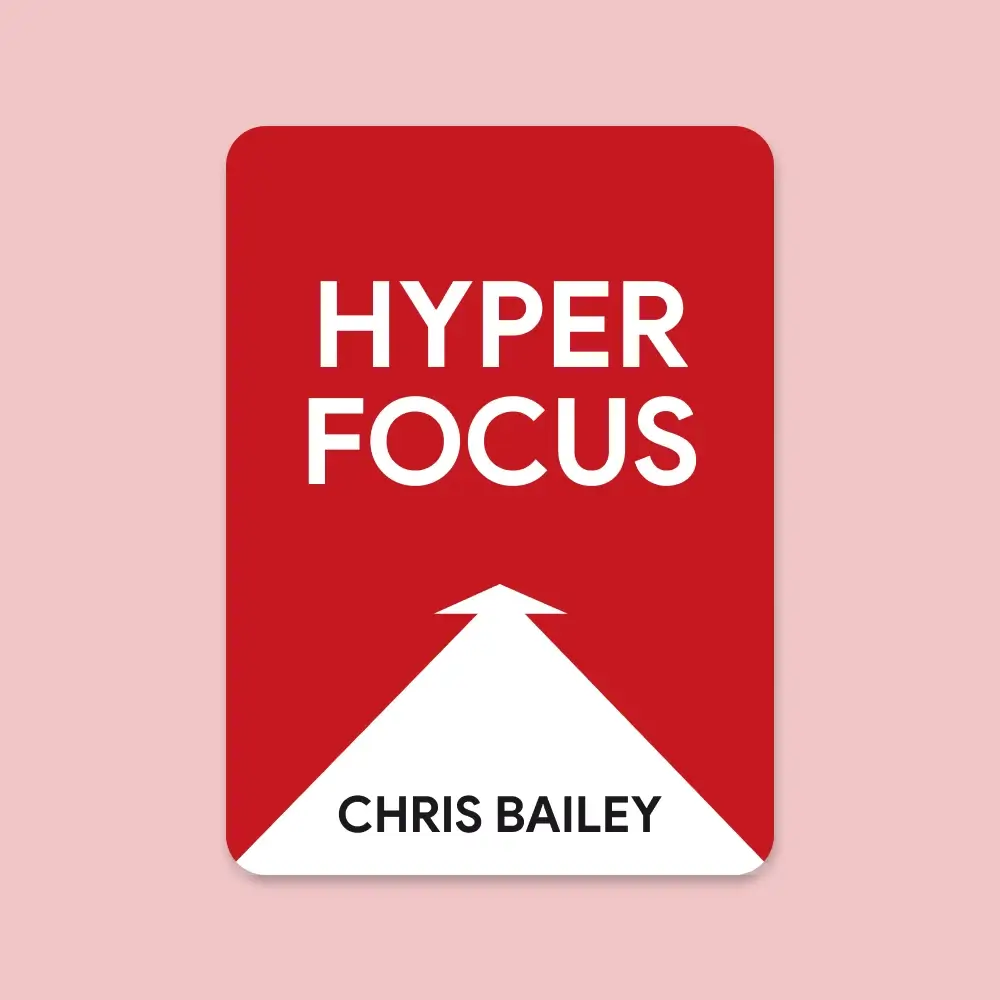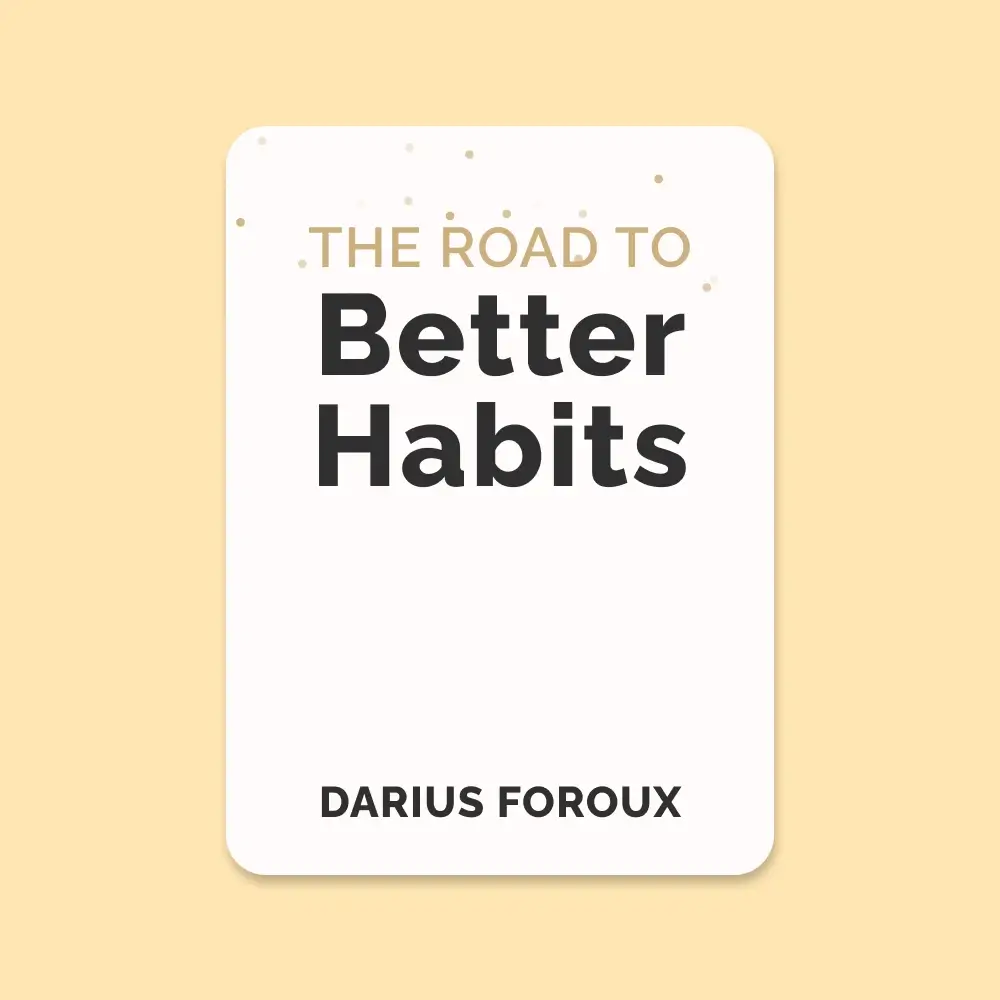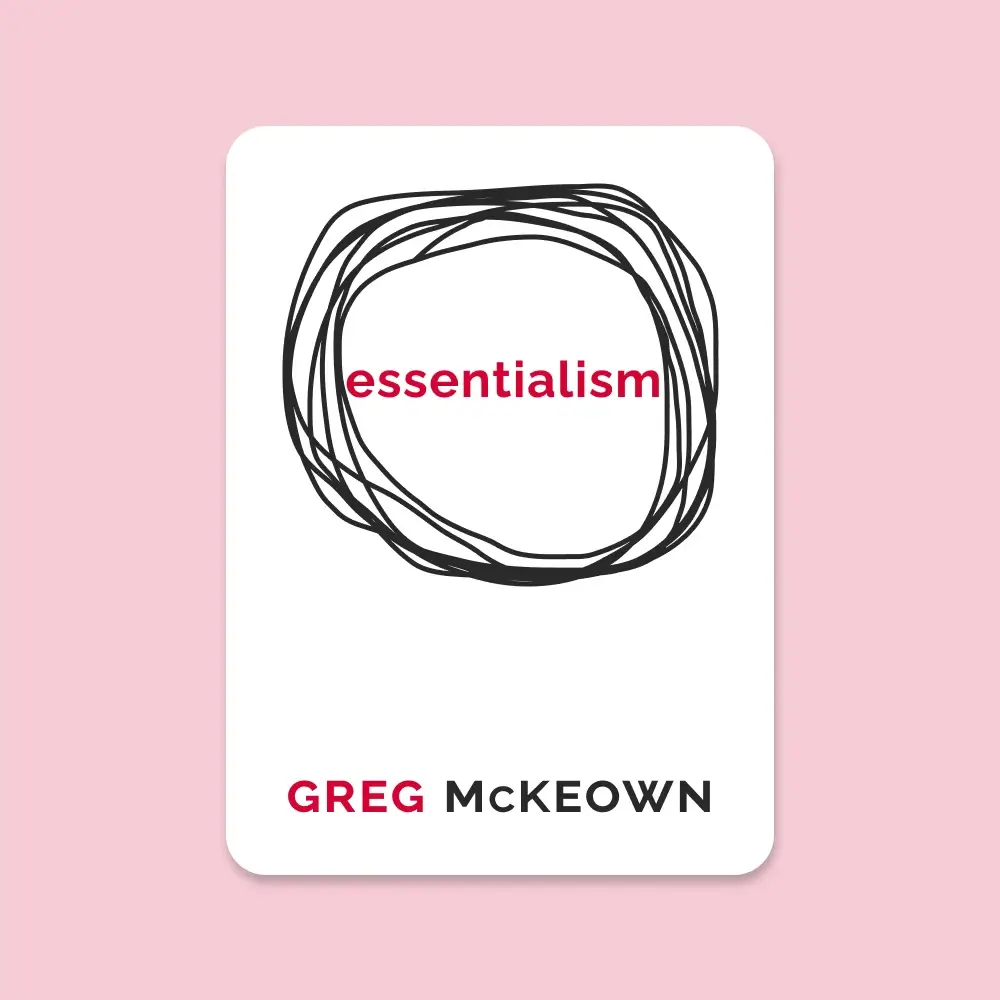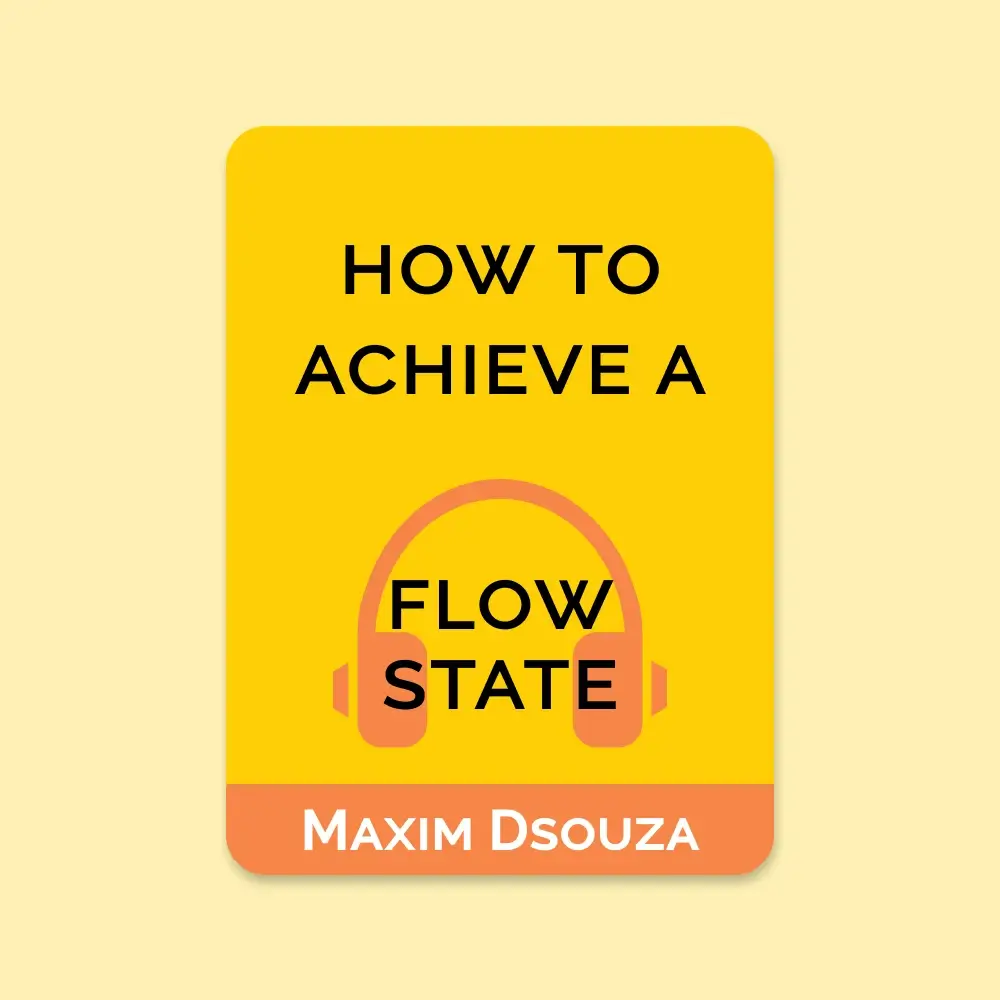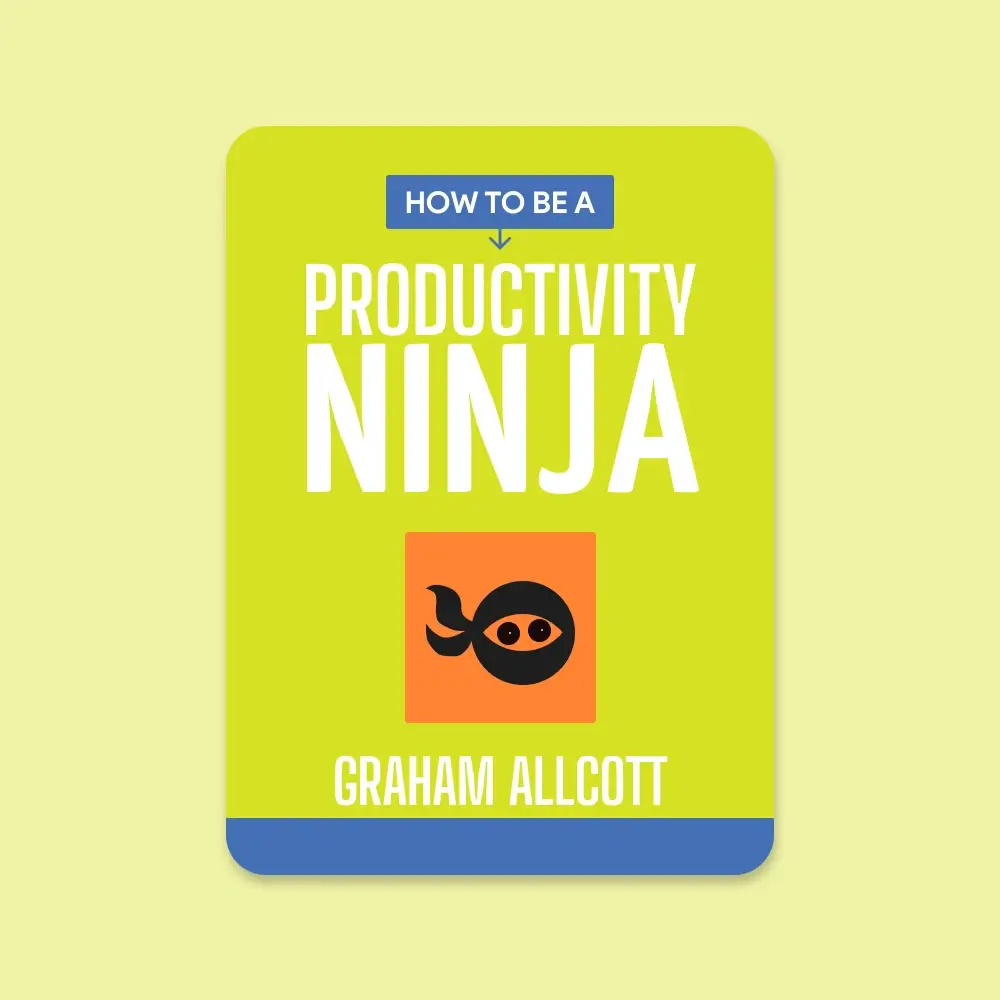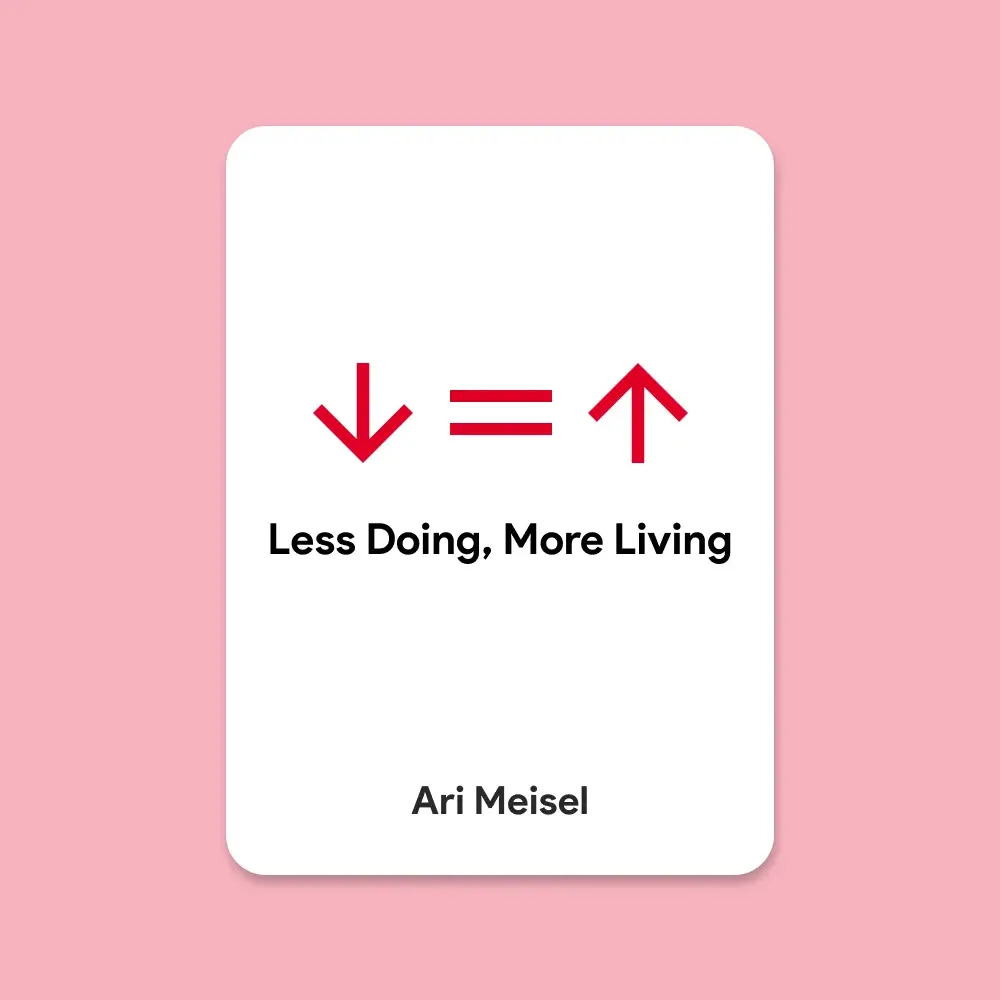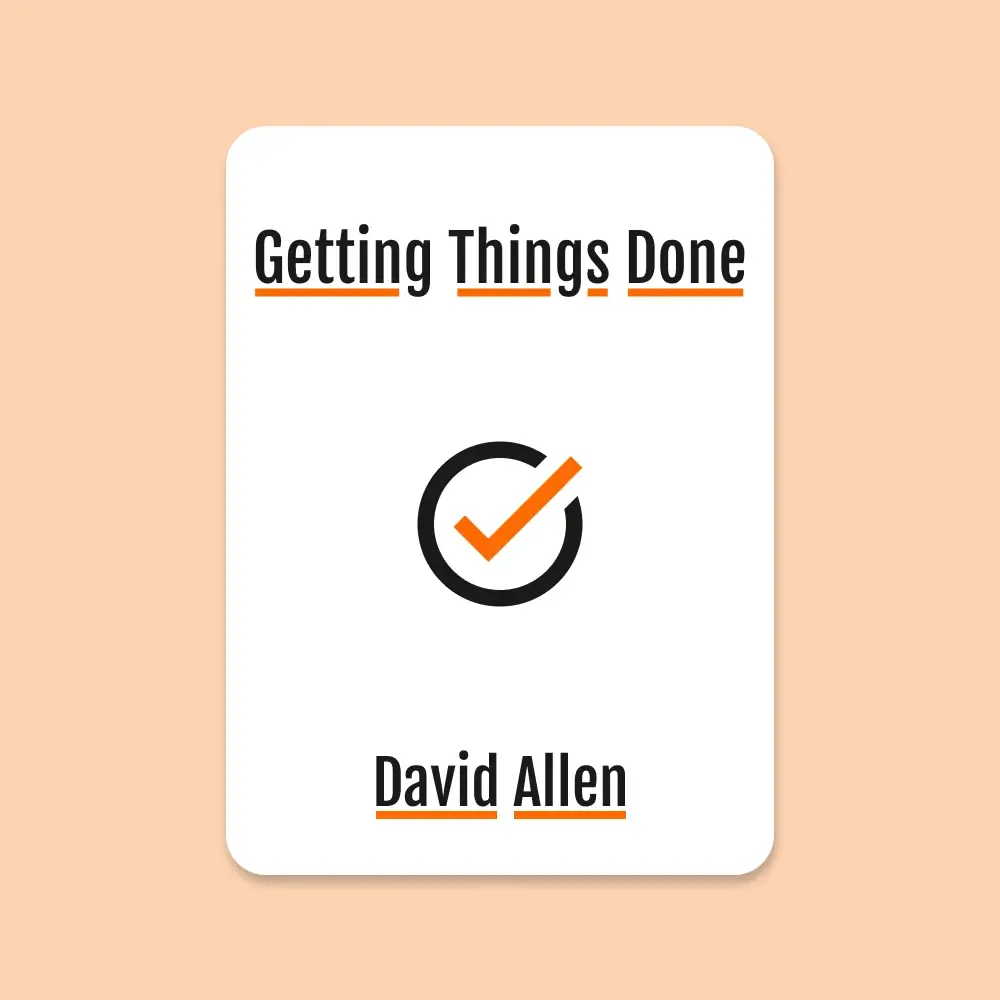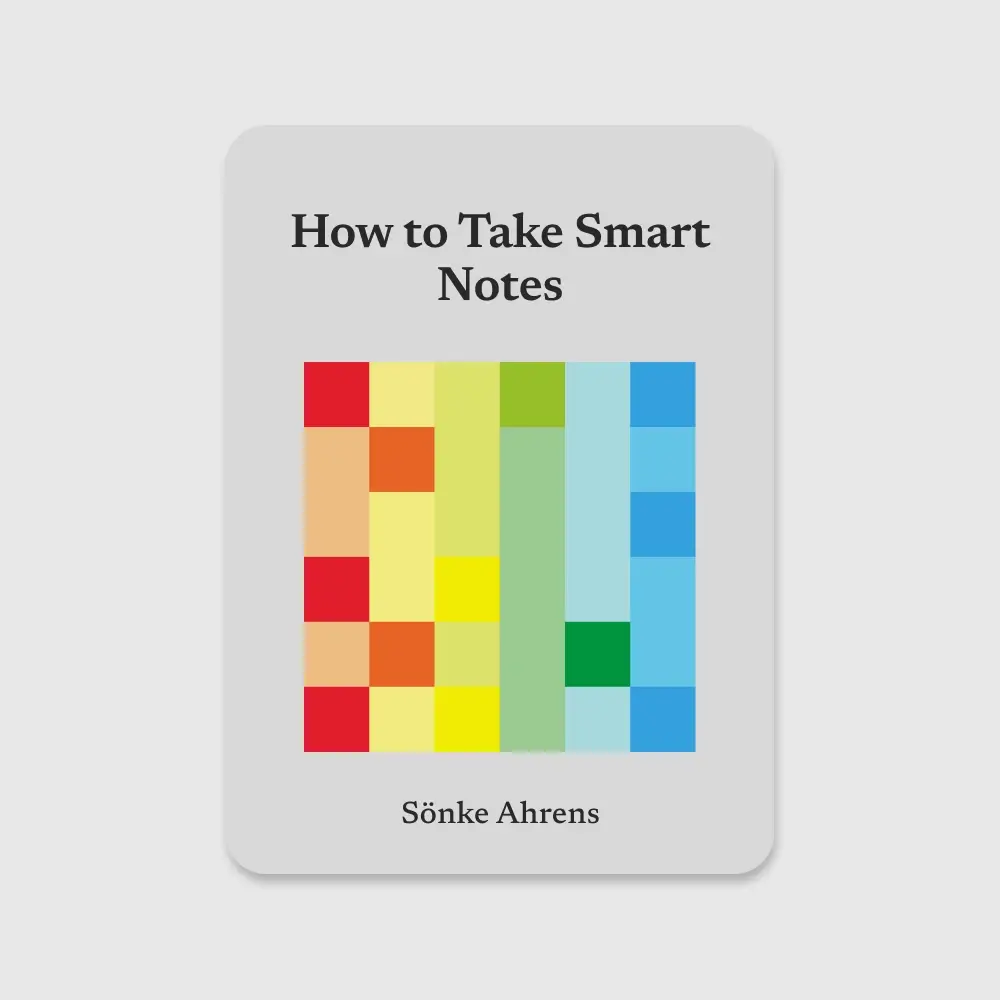
No Hard Feelings
🧘 Care about work, but not at your expense - Burnout comes from over-identifying with your job. Make space for rest, fun, and boundaries.
💤 Rest boosts productivity - Tired minds make bad decisions. Downtime = focus, creativity, and energy.
📱 Your phone is tricking you - Digital distractions spike stress and kill focus. Set boundaries. Take real breaks.
🎯 Don’t tie happiness to promotions - Chasing future rewards can make the present miserable. Enjoy now, don’t glorify later.
🧠 Watch the 3 Ps after failure - Don’t let mistakes feel personal, pervasive, or permanent. Reframe and move on.
🎉 Be rigorously unproductive - Plan mini-breaks, lazy hours, and unplugged days. Doing “nothing” restores everything.
🔍 Focus on autonomy and meaning - Ask for outcome-based goals. Shift tasks toward what excites you. Find purpose in small wins.
🧑🤝🧑 Friendships at work matter - Casual connections reduce stress and increase job satisfaction. Invest in people.
💡 Emotions are data - Use relevant emotions to guide decisions. Filter out irrelevant ones before acting.
🧑🏫 Learn continuously - Get curious, start a side project, or swap skills. Learning fuels motivation.
💬 Improve feedback culture - Make criticism specific, actionable, and welcome. Ask for preferences in how it’s delivered.
🧠 Emotion-proof your messages - Use emojis with care, check for tone, and lean into video for deeper conversations.
🏠 Build belonging, not just inclusion - Fitting in ≠ belonging. True belonging means being valued for what makes you unique.
🌟 Belonging is built in micro-moments - Say hello, tell stories, show interest. Kindness and small gestures shape emotional culture.
🎯 Lead with empathy - Listen deeply. Avoid one-size-fits-all management. Show vulnerability but lead with strength.
🛠️ Be a student of your team - Understand each person’s needs and emotions. Individualized support leads to stronger teams.
-
“Be less passionate about your job” doesn’t mean “stop caring about work.” It means care more about yourself. It means carve out time for the people you love, for exercise, and for a guilt-free vacation.
-
In fact, productivity starts to drop after working about fifty hours per week.
-
Stressors disrupt your body’s balanced internal state; your stress response is your body’s attempt to return to normal. To rapidly transport nutrients and oxygen to your muscles, your blood pressure and your heart and respiration rate all spike. At the same time, any processes that are less important in the short term—such as digestion, growth, and reproduction—slow down.
-
“You’re not allowed to make judgments on your life when you’re short on sleep.”
-
Being at rest for a time is not the same as wasting time: when you cut yourself a little slack, you’ll be more focused and creative when you get back to work.
-
But the more we tie who we are to what we do, the more we emotionally attach to our jobs. We put constant pressure on ourselves to always be our best and then feel exhausted when we fail to live up to this unrealistic standard. And when we depend on our bosses for validation, the smallest bit of critical feedback starts to feel like a rejection of our entire selves.
-
Burnout is more than occasionally feeling tired or bored.
-
But if the root cause of your burnout is a job that makes you miserable, it might be time to look for a new position.
-
The average person checks her smartphone twice as much as she thinks she does. In fact, we’re so phone addicted that nine out of ten of us experience phantom vibrations, which is when you feel your phone vibrate in your pocket . . . only to realize it’s not even there.
-
Goals are great, and a raise or a promotion will feel amazing in the moment. But promotions are usually not the keys to a happily ever after. It’s time to shed the unhealthy habit of glorifying the future to justify a miserable present. “The direct pursuit of happiness is a recipe for an unhappy life,”
-
“Working on the right thing is probably more important than working hard,”
- The “three Ps” we tend to focus on after a negative event:
- Personalization: thinking that the event is all your fault
- Pervasiveness: thinking that the event is going to ruin every aspect of your life
- Permanence: thinking you are going to feel like this (e.g., bad) forever
-
Take the break you can, whether it’s a vacation, a day off, or a minibreak.
-
Make time to be rigorously unproductive, see friends and family, and step away from your email and phone.
-
Stop feeling bad about feeling bad. Reframe your stress as motivation or excitement.
-
Prevent rumination by viewing your thoughts as simply thoughts, not as inevitable truths. Stay in the present and take care of the things within your control.
- How to increase autonomy:
- Ask your manager to define outcomes rather than processes.
- Focus on small wins.
- Ask open-ended questions.
- If you’re a manager, hold office hours.
- How to find the parts of your job that could become meaningful:
- Follow fun.
- Talk to your manager about how to get more engaging work.
- Connect your work to a compelling purpose.
- Invest in positive relationships.
-
If you cultivate a sense of curiosity and keep an open mind, you can find something you are interested in within any job.
-
“There is only one way to learn,” writes Paulo Coelho in The Alchemist. “It’s through action.”
-
Push yourself to learn something new about your company, its products, or your coworkers. If you need to be scared into taking action, no problem: technological advances necessitate continuous learning.
-
But the best way to decide what to learn is to take a step back and figure out why you want to learn. What do you want to accomplish?
- How to use your emotions to help you learn:
- Swap skills.
- Take care of yourself.
- Look for new internal opportunities.
- Start a side project.
- How to benefit from having friends at work:
- Embrace small moments.
- Prevent silos from forming.
- Branch out during work events.
- Spend casual time together.
-
To increase your autonomy, make small changes to your schedule.
-
Job craft: shift your responsibilities toward the things you enjoy to make your work more meaningful.
-
Push yourself to acquire new skills. The more you know, the more you’ll enjoy your work.
-
Invest in workplace friendships to give yourself another reason to look forward to work.
-
Think of relevant emotions as your internal navigation system. When you imagine what would happen if you picked one option over another, that image is marked with a positive or negative feeling.
-
Relevant emotions are directly tied to the choice you’re facing.
-
Irrelevant emotions are unrelated to the decision at hand, but they like to stick their tentacles into your reasoning.
- How to reduce biased decisions in the hiring process:
- Prepare.
- Remove names from resumes when screening.
- Ask for work samples.
- Don’t try to “break the streak.”
- Make interviewers give each candidate a numerical likability score.
- Make hiring a group decision.
This might be the most lucrative advice we will give you: If you’re asking for more money (either for your starting salary in a new job or for a raise at your existing job), try this magic line: “I don’t want my salary to be a distraction to me while I’m in this role.” I have used this sentence to successfully raise my starting salary at several jobs. By saying you don’t want your salary to be a distraction (i.e., distractingly low), you are stating a fact that both you and the other person believe to be true. You are having empathy for both yourself and the other party. They also don’t want you to be distracted.
- A Decision-Making Checklist
- Write out your options.
- List everything you’re feeling.
- Regulate or counteract each irrelevant emotion.
- Link the remaining relevant emotions to specific options.
- Ask what, not why.
- Run your thinking by another person.
- Make a decision.
-
Recognize that listening to your feelings is not the same as acting on your feelings.
-
Do not rely on emotion when deciding whether or not to hire a candidate. Use structured interviews to reduce biased hiring decisions.
-
Before an external negotiation, come to an inner consensus.
- How to create an environment of psychological safety as an individual:
- Encourage open discussion.
- Suggest a bad ideas brainstorm.
- Ask clarifying questions.
- Use generative language.
-
You need to learn to navigate two main types of conflict: task conflict (the clash of creative ideas) and relationship conflict (personality-driven arguments). Task and relationship conflict are often related: it’s hard not to take disagreement over ideas personally.
-
The best way to navigate potential conflict is to preemptively create structures that help communicate preferences and work styles.
-
Create psychological safety by encouraging open discussion, answering questions without condescension, and making it okay to take risks and admit mistakes.
-
Don’t shy away from task conflict. Instead, create structures that prevent creative clashes from becoming personal.
-
For relationship conflict, listen to the other person and calmly share your perspective.
-
Get rid of (or if you can’t, contain) bad apples to preserve psychological safety on your team.
-
Difficult conversations can feel so daunting that we’re tempted to just avoid them. But if you avoid discussing an issue with a coworker, you deny him (and yourself) the opportunity to improve an uncomfortable situation.
- Tips To Help You Handle Criticism:
- Remind yourself that you need critical feedback to improve.
- Ask someone who knows what they’re talking about.
- Use the word what instead of any.
- Remind yourself the person is giving you advice to help you.
- Keep a smile file.
- Remember feedback is never objective.
- Digital Miscommunication
- DO add emoji (but proceed with caution).
- DO realize typos send a message.
- DO emotionally proofread your messages.
- DO use richer communication channels when you’re first getting to know each other.
- DO default to video.
-
During a difficult conversation, calmly address your feelings without making assumptions.
-
Be aware of communication tendencies to better understand the intention behind someone’s words.
-
Make criticism specific and actionable. Ask the recipient how they prefer to receive feedback.
-
Emotionally proofread what you write before hitting Send.
- How to encourage healthy emotional expression:
- Acknowledge personal lives.
- Share coffee breaks and meals.
- Celebrate the emotions you value.
- Don’t get pulled in by complainers.
-
Diversity is having a seat at the table, inclusion is having a voice, and belonging is having that voice be heard.
-
When someone is talking to you, don’t multitask. Stop what you’re doing and give them your full attention.
-
A sense of belonging is not the same as feeling similar to everyone else (our desire to fit in often compels us to hide who we really are). Belonging is when you feel safe and valued for embracing what makes you different. We feel a sense of belonging when we are confident the team passed on our idea simply because it wasn’t the best choice, not because something is innately wrong with us.
- How to create a culture of belonging:
- Assume good intentions.
- Belonging starts with onboarding.
- Assign “culture buddies.”
- Make sure belonging doesn’t nosedive in meetings.
-
Be kind; emotions are contagious, which means your actions can have a positive influence on your entire organization’s emotional culture.
-
Create a culture of belonging through microactions: say “hello,” invite people into conversations, or help a new hire meet others.
-
Share stories about who you are, not what you do, and invite others to do the same.
-
Don’t ignore the emotional burdens your colleagues may carry.
-
Show vulnerability when assessing a difficult situation, but present a clear path forward.
-
Become a student of the people you manage: avoid telling people what to feel, listen carefully, and manage individually.
-
Prioritize yourself and seek support from other leaders to avoid emotional leaks that negatively affect your reports.
- Understand the challenges you and others may face in leadership positions and take steps to reduce them.
